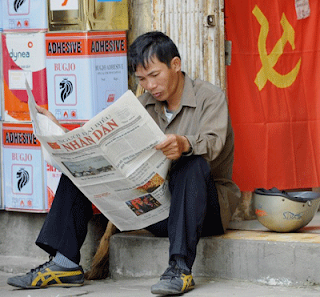An ‘Evening with Rohingya People’
KPN - An ‘Evening with Rohingya People’ was an event organized by the London based Burmese Rohingya community with the help of the Burma Campaign UK to share the dilemma of the Rohingya and discuss other Burmese multi-ethnic conflict topics on August 27, at 28 Charles Square London, said Tun Khin, the president of Burmese Rohingya Organization UK (BROUK).
An Evening With Rohingya People

















